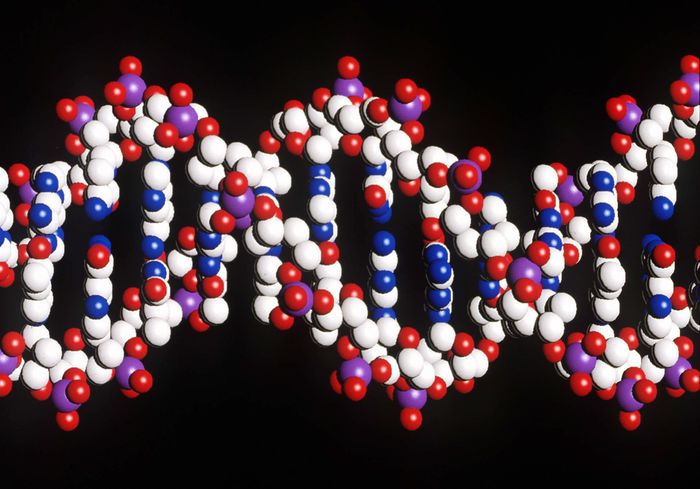An international research group has identified two genetic alterations that could predispose to the development of Raynaud’s phenomenon, a condition characterized by excessive narrowing of the blood vessels in the fingers, which, for this reason, can become particularly cold and pale. For this characteristic the disorder is often called ‘white hand syndrome’.
Raynaud’s phenomenon is a condition estimated to affect 2 to 5 percent of the world‘s population; it is caused by an excessive reactivity of the blood vessels to temperatures and stress which alters the blood flow in the peripheral areas of the body; it most often affects the fingers, but sometimes also the nose or ears. The most typical manifestation is the discoloration of the fingers, but numbness and impaired sensitivity are also frequent. In severe cases, circulation problems can lead to ulcer formation.
In the study, published in Nature Communications, the researchers analyzed the data of about 9,000 people affected by Raynaud’s phenomenon contained in a British biobank, discovering alterations in two genes. One, called ADRA2A, is involved in the mechanisms that lead to blood vessel contraction in the presence of stress signals. “This receptor appears to be particularly active, which could explain the vasospasms, especially in combination with the second gene we found: the transcription factor IRX1, which regulates the ability of blood vessels to dilate,” explains one of the study authors, Maik Pietzner.
For researchers, the discovery could lead to new treatments: in fact, there are already some drugs that act on the function of the ADRA2A gene. However, special tests will be needed to verify its safety and effectiveness.
breaking latest news © Copyright ANSA
